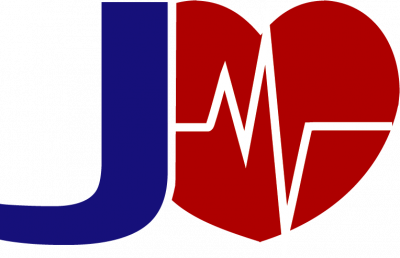Chickenpox
Last updated: 6 Aug 2024 | 14139 Views |


![]()
Chickenpox
It is a contagious disease of the skin and tissues. Most often occur in young people. for example in children aged 2-8 years In adults, the symptoms are more severe and last longer.
An individual can be immunized to eradicate this virus upon initial infection and to prevent re-infection. For some people, the disease may develop into shingles (herpes zoster). Chickenpox can recur if the immune system is weakened.
There is an immune vaccine for preventing chickenpox and shingles.
cause
caused by a virus vericella-zoster herpes People can become infected if there is an infected patient nearby. which the infection can spread through breathing At the same time, the infection can be transmitted from a patient directly by touching the skin wound.
symptom
The infection period expands between 7-21 days after infection. The patient will begin to have low-grade fever, runny nose, cough, headache, fatigue, decreased appetite. The red blisters will appear on the body for 2-3 days, after which it will turn into a watery blister rash, itchy and dry and turn into scabs 4-5 days later. Some people get a little red blister. In some people, it develops in large numbers. In general, chickenpox is contagious for one to two days before a clear, red blister develops for 6 days. The patient will have scars on the mouth, ears and both eyes.
diagnosis
The doctor looks at the symptoms shown and the nature of the rash on the body.
treatment
Children who are already healthy do not need any special treatment, which can heal on their own. Acetaminophen may be used to reduce fever, and aspirin is strictly prohibited. antihistamines or calamides reduces itching It is recommended to eat soft food and get enough rest. and to prevent the spread of infection Patients should be isolated until the wound scabs. People at risk of severe infection include those with low immune systems (patients who have had bone marrow transplants, leukemia) who may need medication to prevent complications from chickenpox.
Things to do
![]() You should see your doctor immediately while you're pregnant and find that you've been infected.
You should see your doctor immediately while you're pregnant and find that you've been infected.
![]() You should wash your hands regularly, wash the crabs, and wear clothes that have been heat treated.
You should wash your hands regularly, wash the crabs, and wear clothes that have been heat treated.
![]() Non-aspirin antipyretics should be used.
Non-aspirin antipyretics should be used.
![]() Nurses and parents of children in close contact with the patient should be notified of the possibility of infection.
Nurses and parents of children in close contact with the patient should be notified of the possibility of infection.
![]() should take antihistamines or use a sponge to rub the body to reduce itching
should take antihistamines or use a sponge to rub the body to reduce itching![]() You should see your doctor immediately if your fever is 101F. or weakness, headache more responsive to light
You should see your doctor immediately if your fever is 101F. or weakness, headache more responsive to light
![]() You should see your doctor when vomiting, insomnia, and anxiety occur. and decreased consciousness
You should see your doctor when vomiting, insomnia, and anxiety occur. and decreased consciousness
don't do![]() Do not allow the patient to be near children and pregnant women, the elderly or people with low immunity.
Do not allow the patient to be near children and pregnant women, the elderly or people with low immunity.![]() Do not allow the patient to go to school Leave at least 6 days after Red blisters appear until the wound dries and scabs.
Do not allow the patient to go to school Leave at least 6 days after Red blisters appear until the wound dries and scabs.
![]() Give aspirin to children under 16 because it increases the risk of Reye's syndrome.
Give aspirin to children under 16 because it increases the risk of Reye's syndrome.

Related content
Molluscum contagiosum
23 Jun 2025
Athletes Foot
23 Jun 2025
Diaper rash
19 Jun 2025
Oral Herpes
23 Jun 2025



